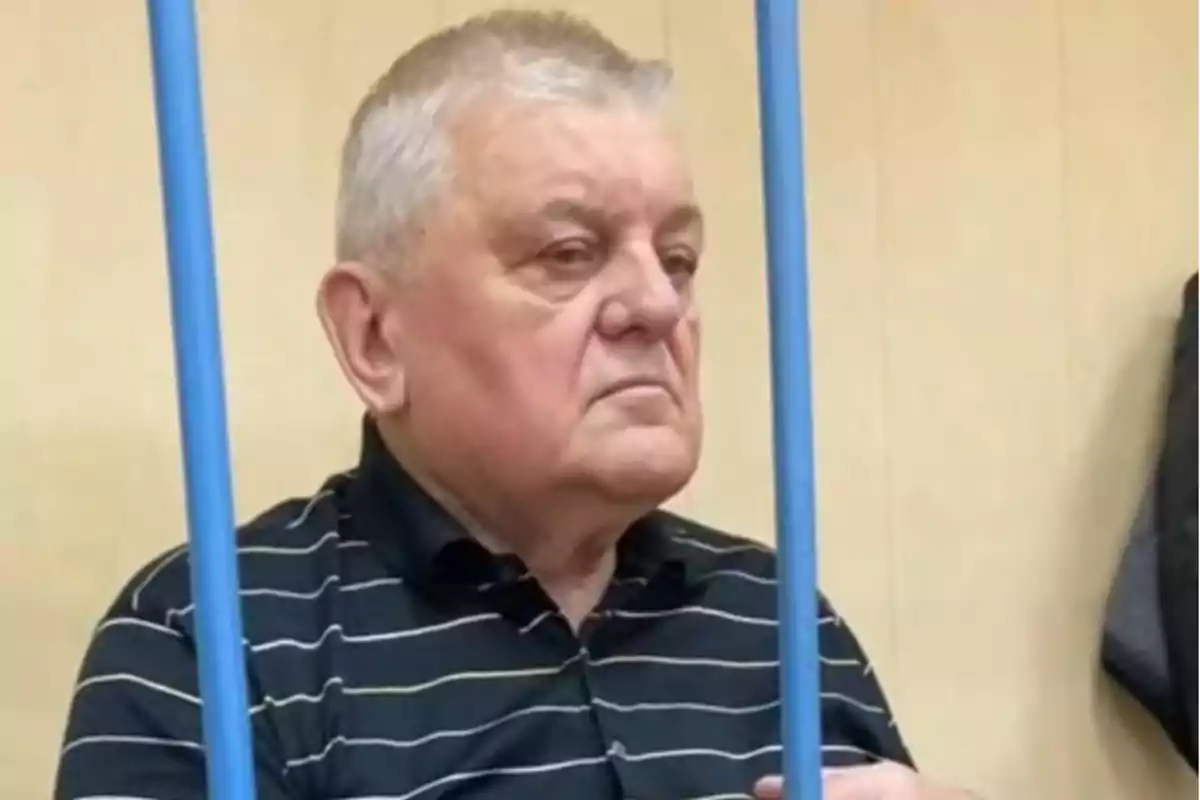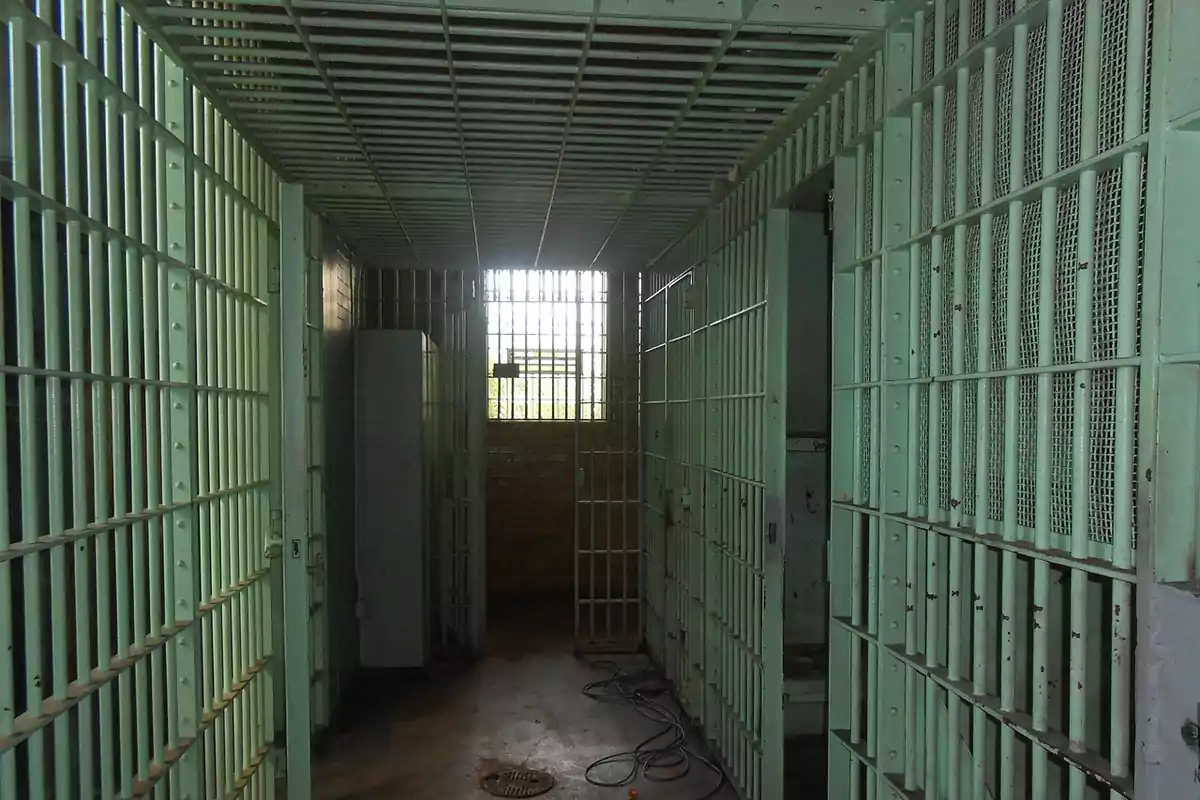
What's behind the 'Denial' of political asylum to Russian dissidents in Spain: the key points
Several associations report slow processes that end with refugees returning to Russia, where they are sentenced
There are cases of asylum denial for Russian citizens in Spain. These are supported by databases and case law bulletins from organizations such as CEAR (Spanish Commission for Refugee Aid).
Organizations like CEAR show how applications for international protection have been denied to Russian individuals. Some of them have extradition orders.
Along the same lines, human rights organizations and some media outlets have expressed concern and criticism about the management of asylum in Spain. Especially regarding "the slowness of the processes and the high general denial rate," according to several associations reporting to elcierredigital.com. They point to a collapse in asylum applications in Spain, which can delay the response for years.
Is Spain Violating the Principle of Non-Refoulement?
When consulted, legal experts state that international regulations (EU Charter, European Convention on Human Rights) prohibit returning a person to a country where there is a real risk of being subjected to the death penalty, torture, or other inhuman or degrading treatment.
This is known as the principle of non-refoulement. Therefore, if this risk in the country of origin is proven, asylum or some form of subsidiary protection should be granted.

However, Spain processes these applications through the ordinary procedure. This extends the timeframes and turns extradition requests into a "sieve".
Political Prisoners in Inhumane Prisons
This is the case of Russian political dissident Valery Alexandrovich Postingran, head of the Association of Political Refugees of Russia. He is the son of the former head of the Klin district—near Moscow—Alexander Postrigan, who, at over 70 years old, is serving a 15-year prison sentence in Volokolamsk.
His sentence was imposed in one of the trials without guarantees against political opponents, suffering hardships since his captivity. Postrigan has suffered a heart attack since his imprisonment, lost his sight due to diabetes, and is almost completely deaf. He has about 10 stents in his heart, but the Russian government keeps him in prison.
This same future may await his son, against whom Putin's government has requested an extradition order.
Changes of Criteria with Dissidents
The Spanish government states that there is a real and documented concern about granting asylum to Russian citizens in Spain. However, the slowness of the system, as well as criticism of an alleged "change of criteria" with some dissidents, mean that applicants are in serious danger.
If a person is returned to Russia after asylum is denied, he or she faces the death penalty or torture there. If so, it would be a serious violation of the principle of non-refoulement. It would contravene Spanish asylum legislation (Law 12/2009) and international conventions. These explicitly protect against return in situations of risk to life or physical integrity.
More posts: